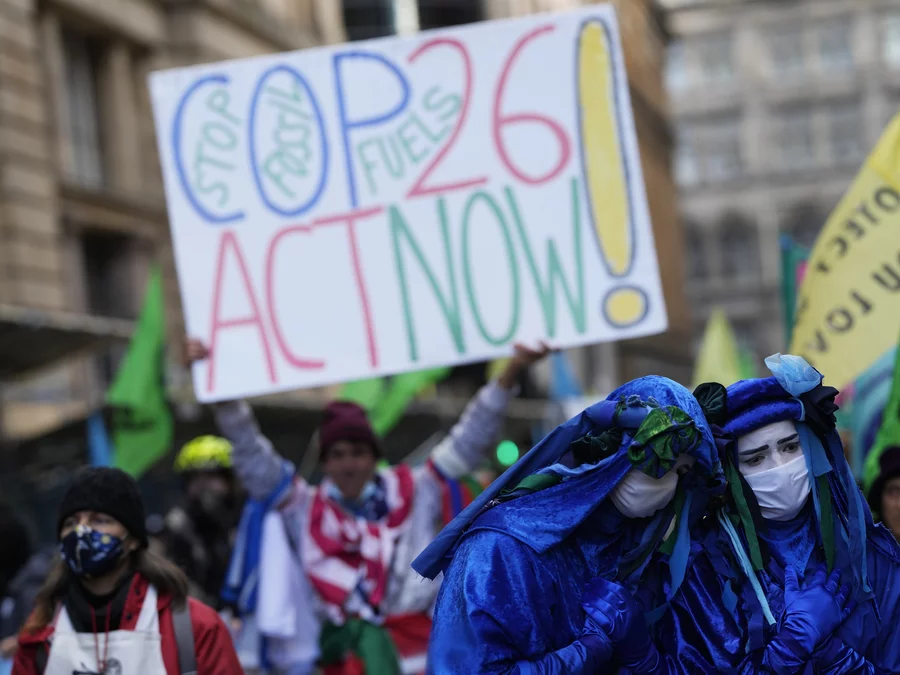Carbon emissions trading is poised to go global, and billions of dollars — maybe even trillions — could be at stake. That’s thanks to last month’s U.N. climate summit in Glasgow, Scotland, which approved a new international trading system where companies pay for cuts in greenhouse gas emissions somewhere else, rather than doing it themselves.
In theory, it’s a more efficient way to fight climate change, paying for clean energy or forest preservation in countries that lack the resources to do it on their own.
“Those financial flows are so crucial to climate action,” says Kelley Kizzier, vice president for global climate at the Environmental Defense Fund (EDF).
Yet emissions trading has fierce critics who say it allows companies to continue burning fossil fuels without delivering the promised cuts in overall emissions.
“I’m pretty skeptical about the effectiveness of carbon markets,” says Erika Lennon, a senior attorney with the Center for International Environmental Law (CIEL).
The 2015 Paris Agreement on climate approved emissions trading in principle, but it took until this year’s meeting in Glasgow for nations to agree on the rules governing such trades.
There were lots of potential buyers and sellers of carbon credits at the Glasgow summit. The buyers came from big companies that burn fossil fuels, like Ahmed Idress, from Capital Power, based in the Canadian province of Alberta.
Idress’s company burns gas and coal to make electricity, releasing about 11.5 million tons of carbon dioxide into the air each year. Canada now is taxing those emissions. “As of today, you pay about $40 (Canadian) a ton,” Idress said. “Next year, it’s going to be $50. The federal government is asking that the price should continue to escalate to $170 [a ton] by 2030.”
